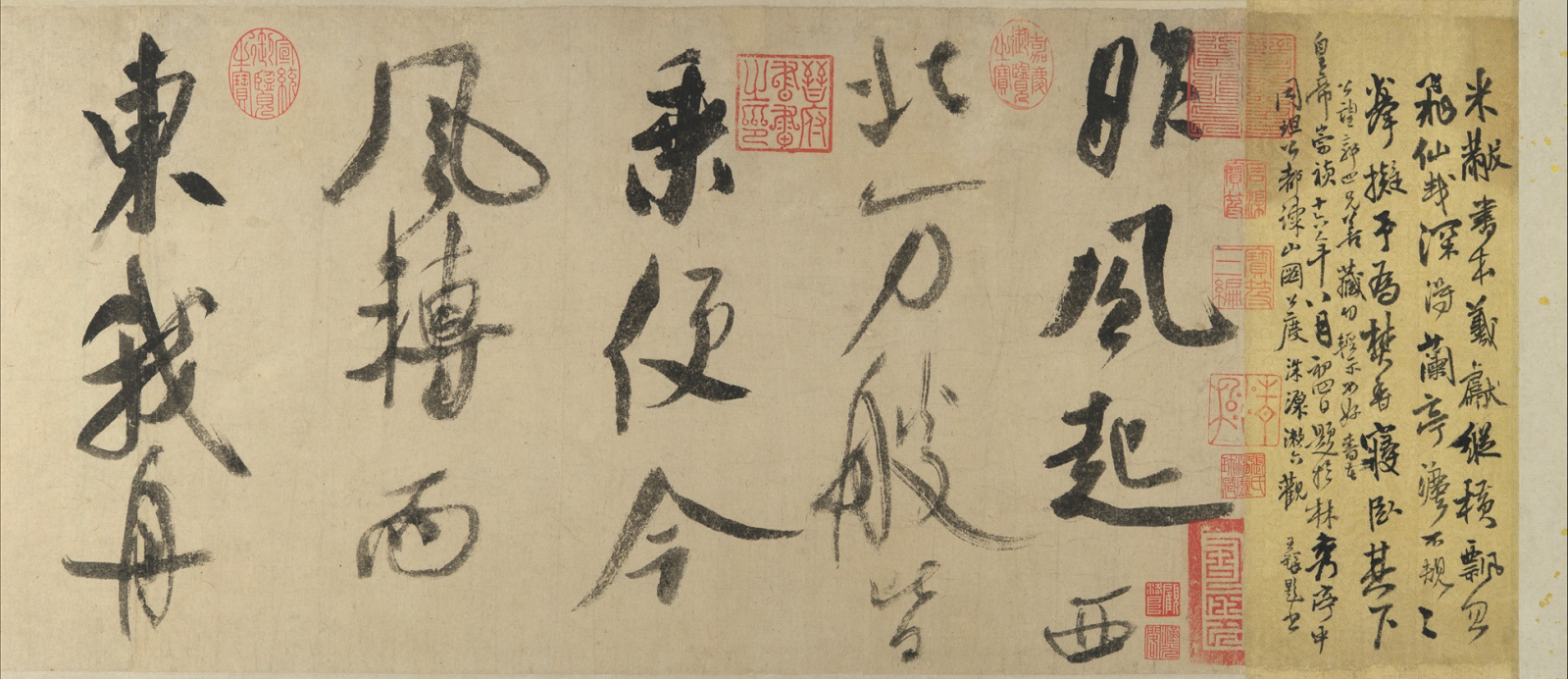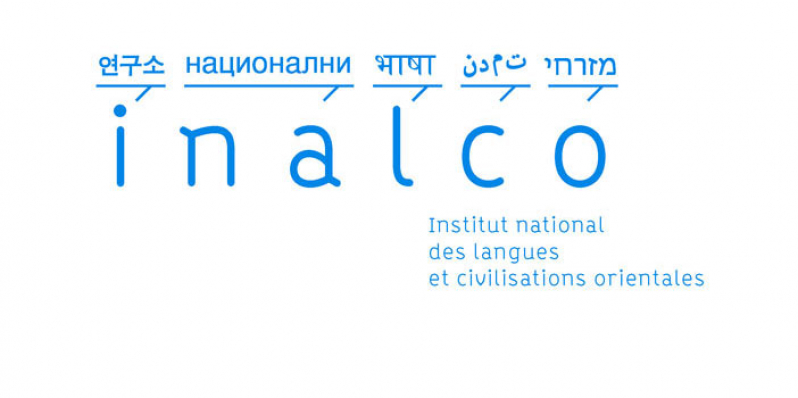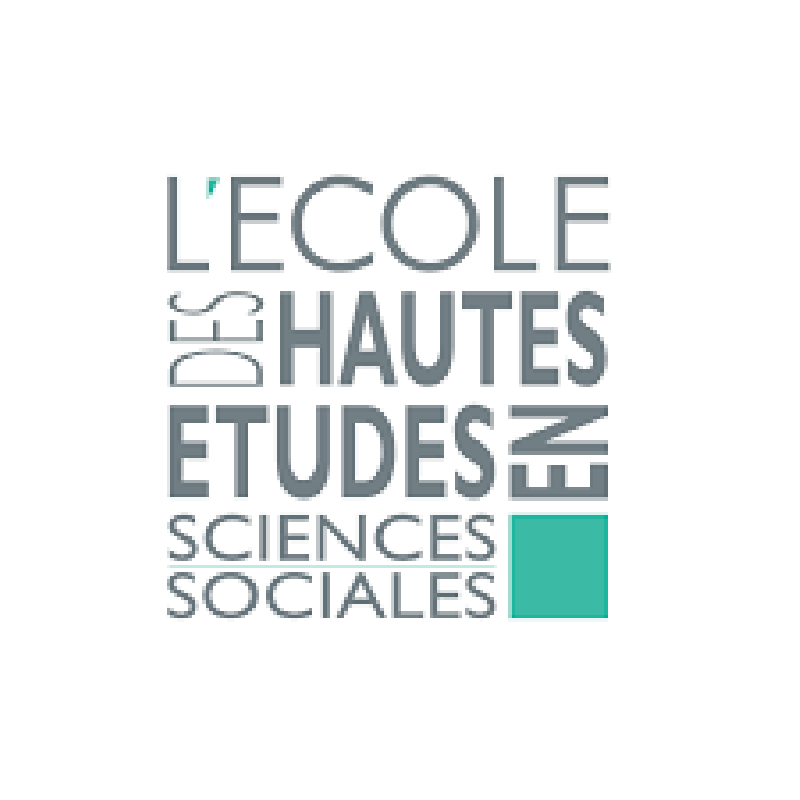Public Lecture
From Chinese to Uncovering Linguistic Competence

26.01.2022 - 26.01.2022
Time:
18:00-19:30 (Paris time)
18:00-19:30 (Paris time)
Venue:
Online
Organizers:
EURICS in collaboration with the CRLAO-Centre de Recherches Linguistiques sur l'Asie Orientale EHESS/CNRS/INALCO (UMR 8563), Paris, France
Abstract:
The Chinese language has generally been understood as heavily context-dependent. Chinese speakers often leave many things unsaid and yet the unsaid parts can still be understood clearly. For instance, it is common to just say zhǔ-le 煮了’cooked’ to mean ‘someone has cooked something’. The unsaid ‘someone’ and ‘something’ can be understood from the discourse context. Our world knowledge (pragmatics) and discourse contexts help us communicate with each other. It seems that whenever something is understood, no words are needed. Yet, I will show that this is not true. Not all that are clear from contexts can be left unsaid and interpreted according to contexts. There are cases which must be verbalized (cannot be left unsaid) no matter how clear the contexts are and how redundant/wordy the utterance might sound; and there are cases unable to be interpreted in the way strongly favored by contexts or our world knowledge. This means that there are rules dictating what can be left unsaid and how to interpret the unsaid parts, reflecting Chinese speakers’ knowledge or "intuitions" about Chinese – speakers’ linguistic competence. Such linguistic competence is also demonstrated by other remarkable examples, including witty language games, smart use of language in literary works, and creation of expressions to highlight events, movements in lives and societies. Memorable instances and punch lines are often due to deviation from the common usage of the language; yet, such deviations actually must conform to the rules of the language that generate all the possible expressions and exclude what is impossible in the language.
Nonetheless, it is a challenging task to try to describe explicitly what the rules are, because knowledge about language is generally implicit. Speakers have hard-to-describe intuitions about what works/what is good vs. what does not work/what is not good in the language; but they can rarely verbalize their intuitions. Figuring out what such intuitions are and how they can be described adequately require linguists’ careful collection of data and methodical investigation of the logical possibilities and their consequences. I will demonstrate how the research methodology of formal linguistics can provide a road map to help us identify the rules and explicitly describe our intuitions about the Chinese language. With a variety of examples containing unsaid elements, I will show what the steps of such research methodology are and how to reach adequate explicit descriptions about our intuitions.
Speaker:
Professor Yen-hui Audrey LI (University of Southern California, Los Angeles, USA and Fellow of EURICS, Paris, France)
Discussant:
Professor Waltraud PAUL (CRLAO, France)
Moderator:
Professor Alain Peyraube (CNRS & EHESS, CRLAO, France)
Biographies:
Professor Yen-hui Audrey Li received her Ph.D. in Linguistics in 1985 from the University of Southern California (Los Angeles, USA). She has been professor since 2001 at the same university where she also headed the department of “East Asian Languages and Culture” from 2004 to 2007 and again from 2014 to 2018. She has (co-)authored 6 books and co-edited 4 books, published refereed 45 articles and 25 book chapters, mainly on the syntax and semantics of Chinese from the generative perspective. Prof. Li was an invited fellow of EURICS from 3rd to 15th December, 2021.
Professor Waltraud Paul has been a researcher at the CNRS (Centre national de la recherche scientifique i.e., the French National Center for Scientific Research) and affiliated with the CRLAO (Centre de recherches linguistiques sur l’Asie orientale = “Center for linguistic research on East Asia”) since 1994. Her main interest is the syntax of modern Mandarin, with occasional excursions into the diachronic syntax of Chinese. For more information, cf. her webpage at http://crlao.ehess.fr/index.php?177 .
Professor Alain Peyraube is Emeritus Research Director at the CNRS and Directeur d’études at the EHESS, Paris, France. He is Honorary Professor at the Peking University and Distinguished member of the Chinese Academy of Social Sciences, as well as a member of the European Academy (Academia Europaea) since 2006. As a specialist in Chinese historical syntax and linguistic typology of Sinitic languages, A. Peyraube has authored five books and over two hundred articles.Image credits: The Metropolitan Museum (New York, USA); Title: Poem Written in a Boat on the Wu River; Calligrapher: Mi Fu (Chinese, 1051–1107); Period: Northern Song dynasty (960–1127); Date: ca. 1095; Medium: Handscroll; ink on paper; Credit Line: Gift of John M. Crawford Jr., in honor of Professor Wen Fong, 1984.


